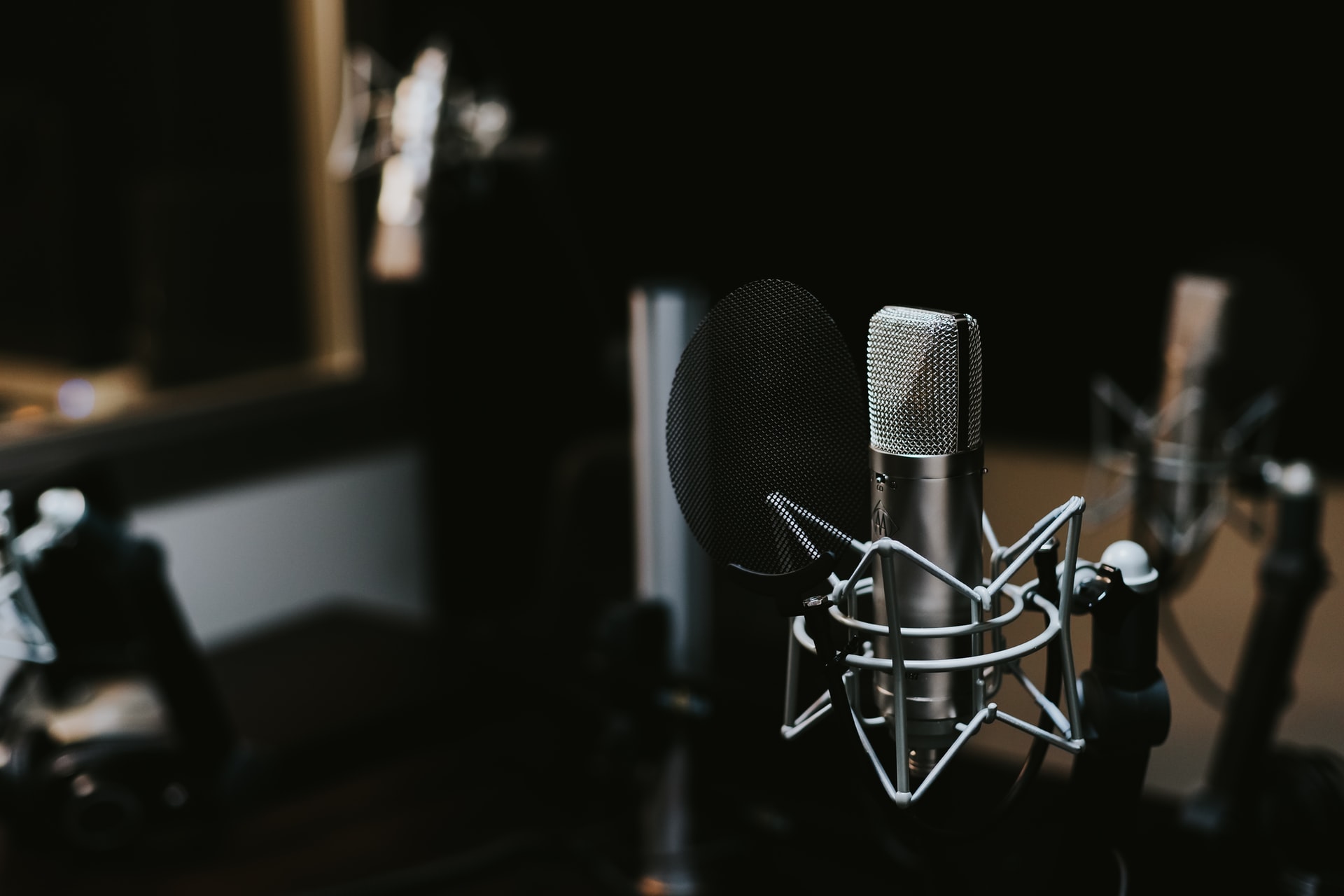Do you have a project coming up that requires voice-over recordings? If so, you may be wondering if you should record the audio by yourself or hire a professional service. This can be a tough decision, but professional voice recordings have some definite advantages.
Many people think that these are only necessary for big projects, but the truth is that they can be beneficial for projects of any size. While most people think the quality of the recordings is not that important, most audiences feel differently. They will instantly notice the difference between a professional artist’s voice and the one done in the house.
Professional Voice-over VS DIY recordings
Have you ever tried to record voice-over yourself? If so, you may have realized that it’s not as easy as it looks. A lot of people think that they can just hit a record and start talking, but the reality is that it takes a lot of practice and skill to get it done perfectly.
Besides, even if one thinks their voice sounds good, there’s a good chance that it doesn’t meet the standards of a professional recording.
A Few Key Differences between the Both
1. Quality
2. Delivery
3. Scriptwriting
4. Post-processing
5. Equipment
Quality
The first and most obvious difference between both is the quality. Professional voice-over artists have access to high-quality equipment and studios that allow them to produce clear and accurate sounds. On the other hand, DIY recordings are often recorded with budget microphones in less-than-ideal environments. This usually results in poor quality with a lot of background noise.
Delivery
Another key difference is that professional artists are trained to deliver their lines with perfect warmth and a friendly approach by maintaining proper business etiquette, which helps improve the brand value and customer satisfaction of a business. This cannot be easy to do when doing it yourself, and you may end up sounding too robotic instead.
Scriptwriting
Professional voice recordings also benefit from having a well-written script. A good script will be easy to understand and deliver. And it is also essential when trying to communicate a message to the audience. DIY ones often suffer from poor scripts that are either hard to understand or full of filler words.
Post-processing
Another advantage is that they often undergo post-processing to fix any recording issues. This can include removing background noise, equalizing the volume, and more. An in-house one rarely benefits from this type of processing, leaving them sounding amateurish.
Equipment
As mentioned, skilled voice-over artists have high-quality equipment to produce clear sounds. This includes microphones, audio interfaces, and soundproofing materials. DIY ones are often done with budget microphones and lack producing professional sounds.
How to Choose a Professional Artist
Now that you know the differences, you may be wondering how to choose the right artist for your project.
Here are a few facts to keep in mind:
1. Do They Have a Good Understanding of the Script?
This is the most crucial factor to consider when choosing a voice-over artist. The artist should be able to understand the message you’re trying to communicate and deliver it clearly and concisely.
2. Do They Know the Target Audience?
The one you choose should also be aware of who your target audience is. They should be able to adjust their delivery and performance based on the needs of their audience.
3. Are They Capable of Understanding the Project?
They should be able to understand your project’s overall tone and feel. This will help them deliver the proper performance.
4. Do They Have a Perfect Understanding of Post-processing?
Choosing an artist familiar with the process is essential if you’re planning on post-processing. This will help ensure that your recording sounds perfect after editing.











